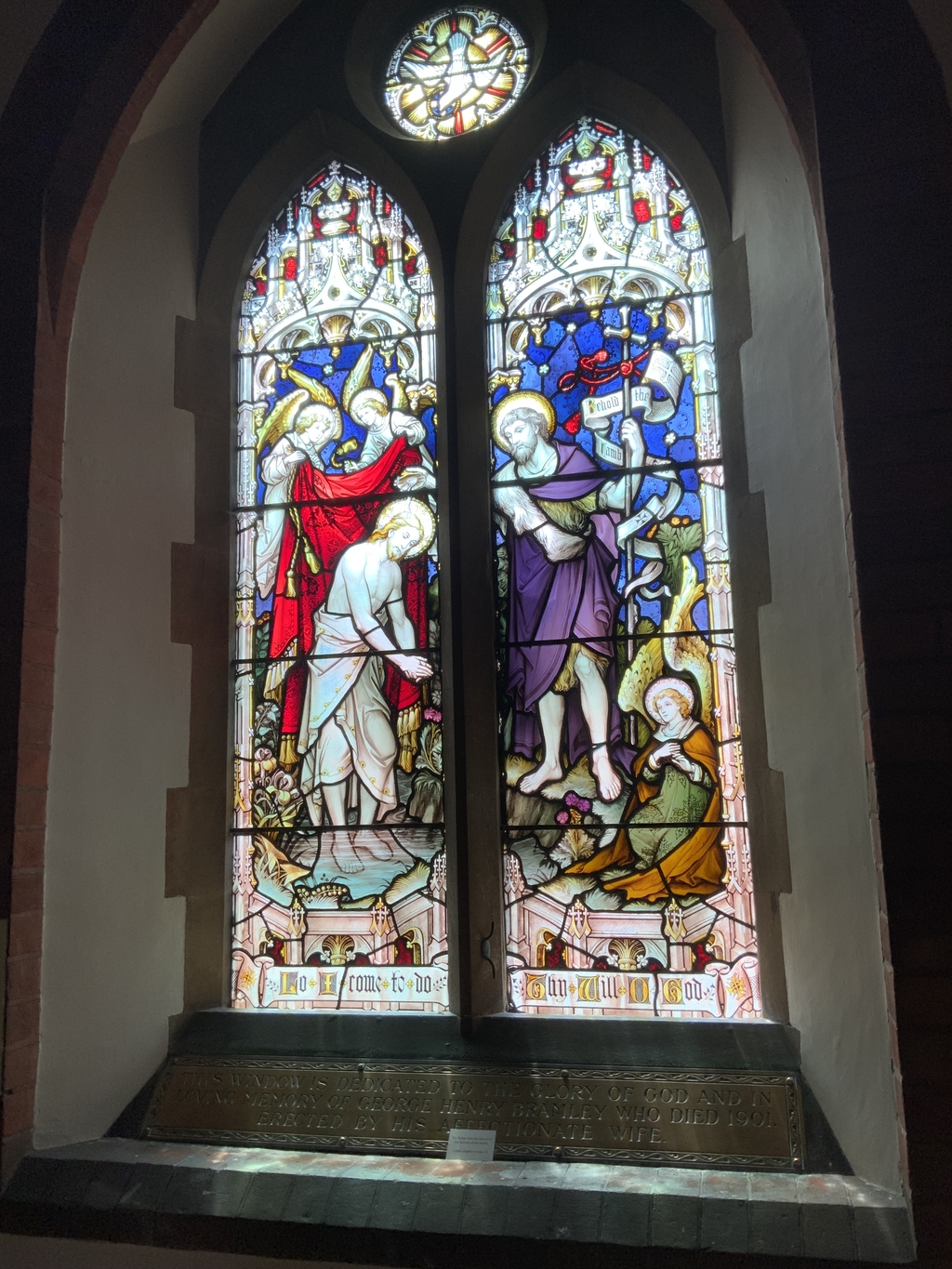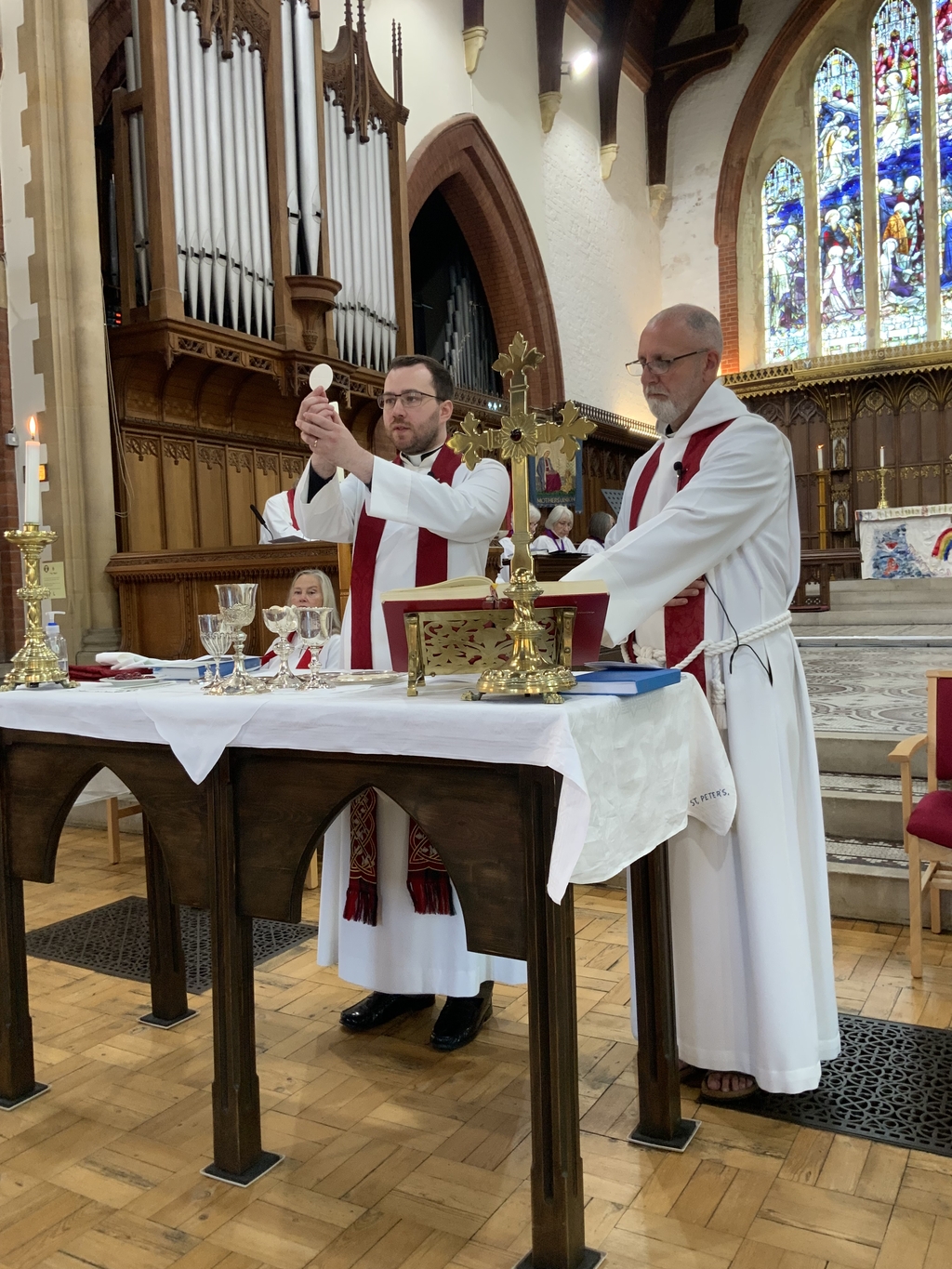Last Sunday we celebrated God as the Trinity, three Persons in One. It is one of the great mysteries at the heart of the Christian faith. Seeing God as a Trinity is to understand that there is a dynamic relationship within the Godhead, a relationship characterised by the never-ending giving and receiving of unconditional love between the Father, Son and Holy Spirit. When we trust in God, we are invited into that relationship. The good news is, that no matter how many times we may have shied away from accepting that invitation, it is always open, always there.
In the light of that understanding of God, this week we look at issues of faith: faith versus fear, faith versus unfaithfulness, faith versus misunderstanding and faith versus clinging to a way of seeing ourselves and others that is not how God sees us.
In Isaiah, God is bemoaning the fact that his chosen people seem to be ignoring him and some of the laws he has given them, laws to help them thrive. God actually comes across as quite petulant, fed up with the faithless people disregarding how they were instructed to live, yet he promises a safe and verdant place to live for those who follow his statutes.
In Galatians, Paul contrasts life before finding faith in Jesus with how people are to see themselves and one another when they belong to Christ. Paul reminds them that in Christ the old human-made barriers and divisions along the lines of race and class are dissolved. Even the traditional ways of seeing divisions between men and women are to be exchanged for an understanding that in Christ we are all equal.
In the reading from the Gospel of Luke, Jesus heals a man who has been possessed by demons, who are then sent into a herd of pigs that plunges over a cliff into the sea! Instead of rejoicing with the man who has been healed, the villagers are frightened and they ask Jesus to leave town! If Jesus can cast out demons, maybe he will also cast out the occupying forces of the Romans! It’s clear they would rather stick to the fragile status quo which keeps them oppressed than risk what might happen if they were to be liberated. We might find that hard to understand but it is a question for us today: would we rather stick to what we know, even if we don’t want it or like it, rather than risk a new adventure by flinging ourselves into the arms of the living God?
Revd Christina Rees











